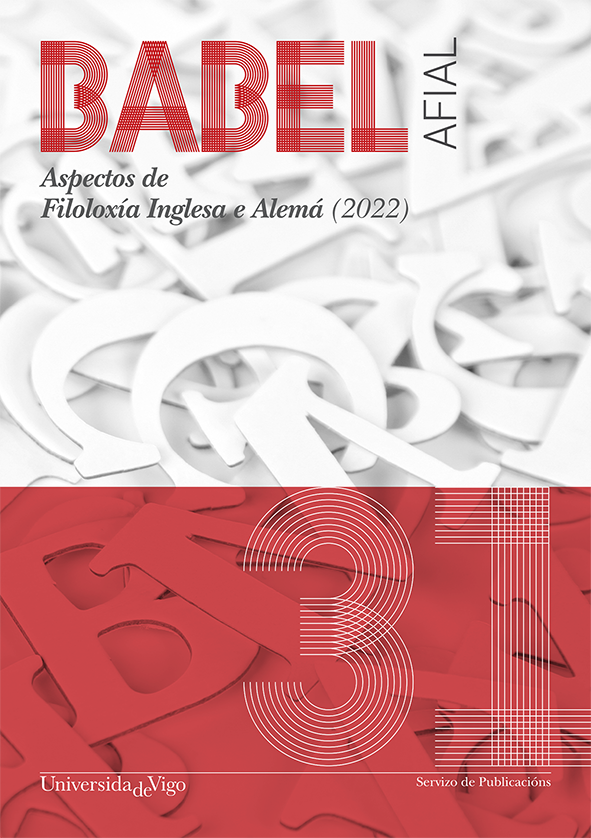The Blithedale Romance. A Woman's Story
DOI:
https://doi.org/10.35869/afial.v0i31.4296Keywords:
Nathaniel Hawthorne, feminism, unreliable narrator, monologic discoursesAbstract
Although it does not seem to be particularly groundbreaking in today’s world, I contend in this essay that the story Nathaniel Hawthorne tells in The Blithedale Romance was radically forward-thinking for his contemporary society. Analyzing it from a contemporary perspective, some feminist scholars have argued that the depiction of female characters is misogynist. In addition, the narrator is often considered to be unreliable and, as such, a failure. Drawing mainly on the theory of Foucault, this article argues that Hawthorne uses an unreliable narrator to interrogate patriarchal monologic discourses and to create a narrative space for the voice of Zenobia, the book’s feminist character, to be heard. Gender and genre considerations are particularly intertwined in the text. Thus, while Coverdale’s narrative empowers Zenobia’s voice, Hawthorne’s use of romance challenges established genre conventions. I claim that The Blithedale Romance challenges patriarchal authority by presenting Zenobia as a more reliable and powerful voice than that of the male narrator.



